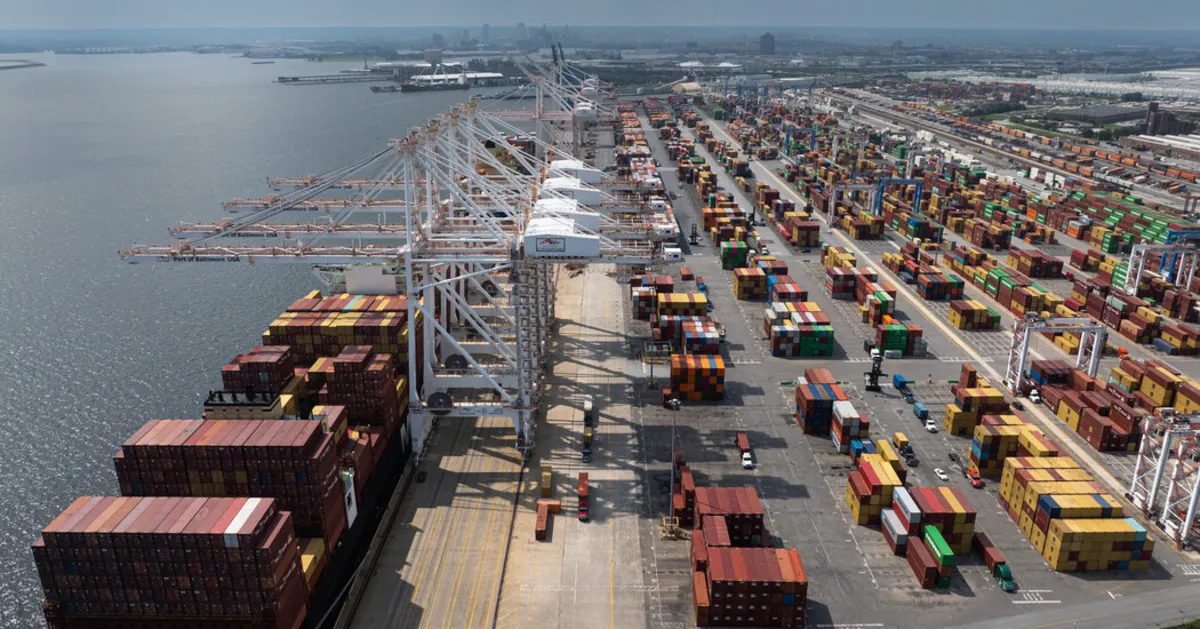
For months, President Trump and his top advisers have touted tariffs as an economic panacea—an all-encompassing solution designed to generate revenue for paying down the national debt, offsetting tax cuts, aiding struggling farmers, and even providing dividend checks to American citizens. However, during a recent Supreme Court hearing, the White House’s solicitor general, D. John Sauer, presented a markedly different perspective on this contentious issue.
In his defense of Mr. Trump’s extensive use of tariffs, Sauer characterized them as "regulatory tariffs," asserting that their primary purpose is not to raise revenue. He stated, “These are regulatory tariffs. They are not revenue-raising tariffs. The fact that they raise revenue is only incidental.” This statement marks a significant shift from the administration's previous narrative that framed tariffs as a means to bolster the economy and support American prosperity.
Following Sauer's remarks, President Trump addressed the issue during a White House briefing on Thursday, expressing concern over the potential ramifications if the tariffs were ruled illegal by the Supreme Court. He warned that such a legal decision could be “devastating for our country.” Trump further hinted at the development of contingency plans to mitigate the fallout from any unfavorable legal rulings.
During his comments, Trump emphasized that trillions of dollars in investments pledged by countries such as Japan, South Korea, and those in the European Union could be jeopardized if he were unable to leverage tariffs as a negotiation tool. This highlights the critical role that tariffs play in the Trump administration's broader foreign policy strategy.
At the heart of the ongoing legal debate is a pivotal question: Did President Trump overstep his legal authority by broadly imposing tariffs, a responsibility that traditionally falls to Congress? The Trump administration has argued in court that these tariffs serve as a vital foreign policy instrument needed to address national security and economic emergencies. This argument is now under scrutiny, particularly in light of Sauer's recent comments that downplay the revenue-generating aspect of tariffs.
This sudden acknowledgment that revenue generation is secondary to the administration's tariff strategy represents a stark reversal for an administration that has consistently promoted tariffs as a tool for making America economically prosperous. As the legal battle unfolds, the implications of this shift could have lasting effects on U.S. trade policy and international relations.
In conclusion, as the Supreme Court weighs the administration's justification for these tariffs, it remains to be seen how this new perspective will influence both domestic and international economic landscapes. Understanding the evolving rationale behind tariffs is crucial for stakeholders across various sectors.